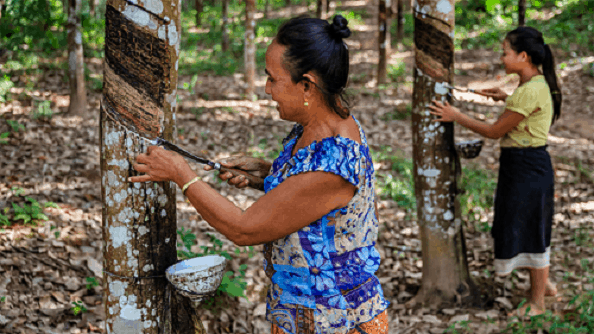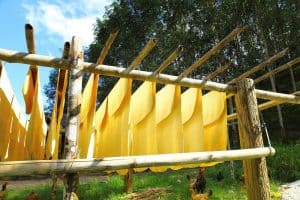Following the announcement that the GPSNR General Assembly (GA) will take place in September, the Smallholders Representation Group has quickly adapted its plans around onboarding smallholder members prior to the GA. With restrictions around COVID-19 necessitating a virtual format for the GA, likewise the sessions involving smallholders would follow suit.
The onboarding will be conducted via a series of national and international calls starting from late July until the end of September. There will be a total of 3 calls amongst smallholders at the national level, and another 3 calls at the international level.
The first national calls have already been conducted for all seven countries: Brazil, Côte d’Ivoire, Ghana, Indonesia, Myanmar, Thailand and Vietnam. During this first call, the smallholders were introduced to the video conference platform with a quick tutorial on its functions. Next, they were given an update on developments and projects within GPSNR before learning more about the upcoming GA, including the onboarding schedule, the process for Executive Committee elections and an overview of the resolutions.
The Country Champions are providing immense support through coordination of the calls, conducting the calls in the local language and in some cases reaching out to the smallholders individually to help them overcome the barriers of using new technology.
The Working Group will be engaging an experienced facilitator who will be able to foster relationships as well as trigger and encourage discussion amongst the smallholders in an international and multilingual setting. A Request for Proposal was posted on the GPSNR website and social media channels, and the Secretariat is supporting the Working Group in finalizing the selection of proposals.
The next national call will see smallholders sharing about themselves and their work in natural rubber production, an activity designed to assist them each in articulating their thoughts and vision as potential election candidates for the Executive Committee.






